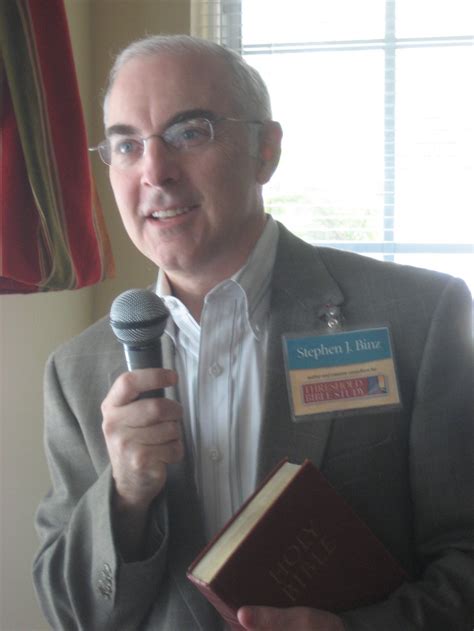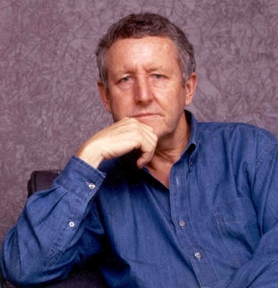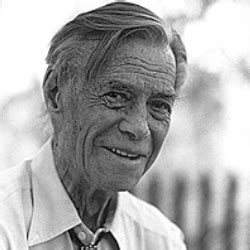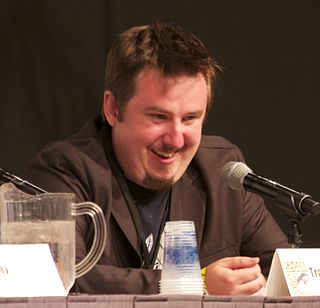A Quote by Patti Smith
The sea is greater than us - it has its rhythm, its art. It comes with our earliest memory, of respiration, breathing in and out.
Related Quotes
There is a value in repetition. When we repeat certain phrases and even actions, like fingering prayer beads, we create a quiet rhythm within our spirits. The beating of our heart is a repetition as is the rhythm of our breathing. All of life has its rhythms, and the repetition of familiar prayers can bring our interior spirits into harmony with the Divine Heartbeat and the breathing of the Divine Christ.
It comforts me to think that if we are created beings, the thing that created us would have to be greater than us, so much greater, in fact, that we would not be able to understand it. It would have to be greater than the facts of our reality, and so it would seem to us, looking out from within our reality that it would contradict reason. But reason itself would suggest it would have to be greater than reality, or it would not be reasonable.
The earth itself assures us it is a living entity. Deep below surface one can hear its slow pulse, feel its vibrant rhythm. The great breathing mountains expand and contract. The vast sage desert undulates with almost imperceptible tides like the oceans. From the very beginning, throughout all its cataclysmic upthrusts and deep sea submergences, the planet Earth seems to have maintained an ordered rhythm.
By speaking of greater forces than we can possibly invoke, and by confronting us with greater spans of time than we can possibly envisage, mountains refute our excessive trust in the man-made. They pose profound questions about our durability and the importance of our schemes. They induce, I suppose, a modesty in us.
But pain may be a gift to us. Remember, after all, that pain is one of the ways we register in memory the things that vanish, that are taken away. We fix them in our minds forever by yearning, by pain, by crying out. Pain, the pain that seems unbearable at the time, is memory's first imprinting step, the cornerstone of the temple we erect inside us in memory of the dead. Pain is part of memory, and memory is a God-given gift.
All life requires a rhythm of rest. . .
There is a rhythm in the way day dissolves into night, and night into morning. There is a rhythm as the active growth of spring and summer is quieted by the necessary dormancy of fall and winter. There is a tidal rhythm, a deep, eternal conversation between the land and the great sea.




































